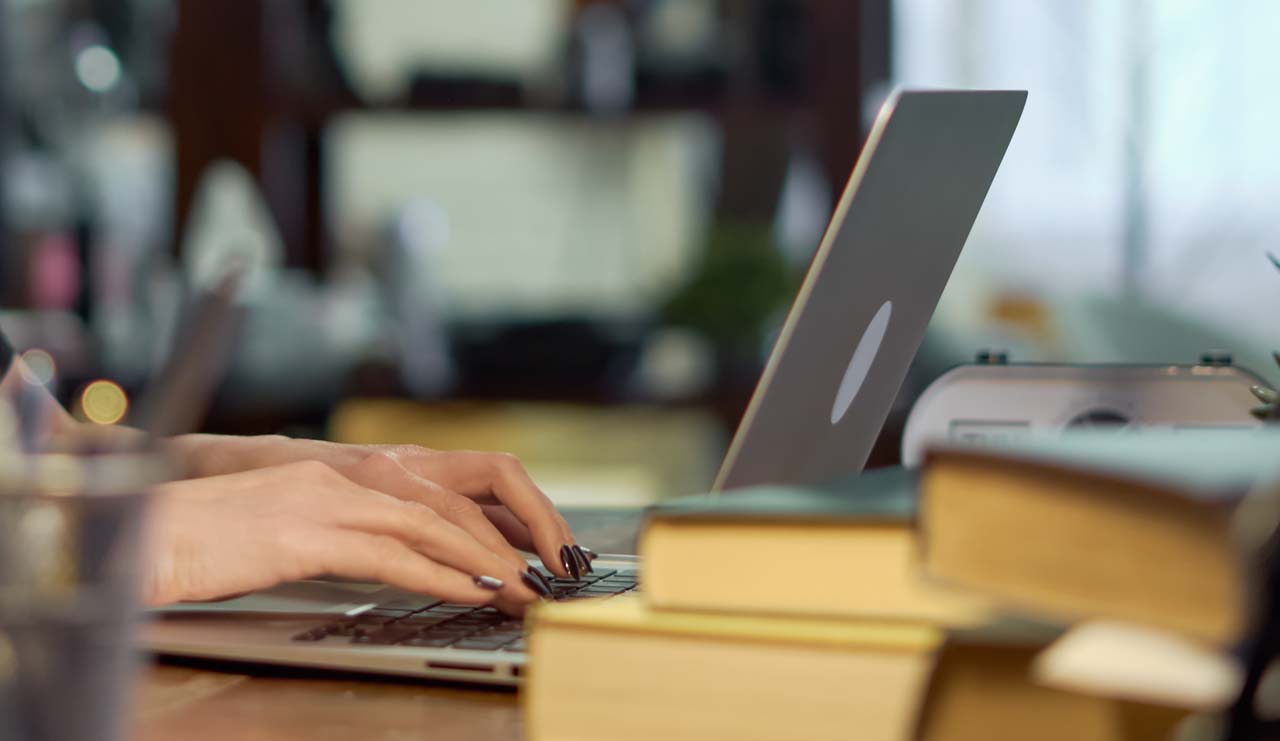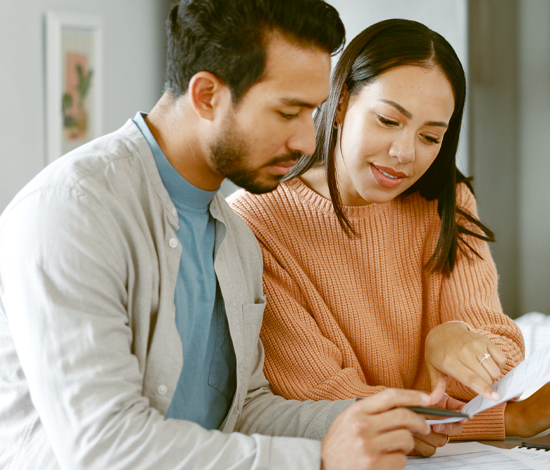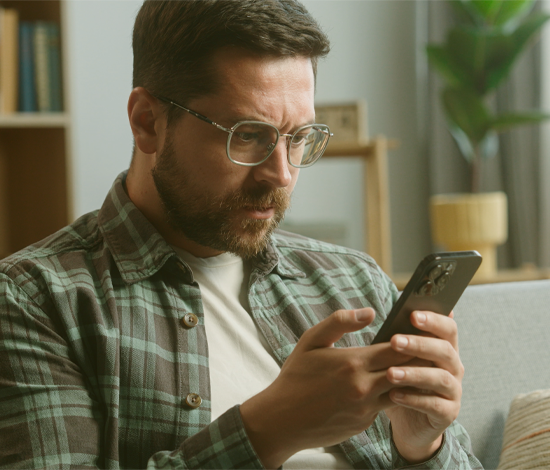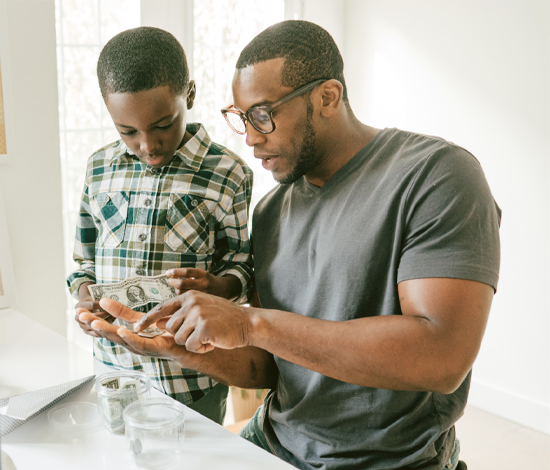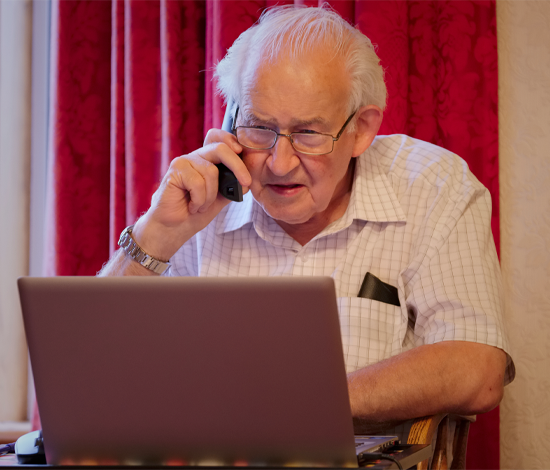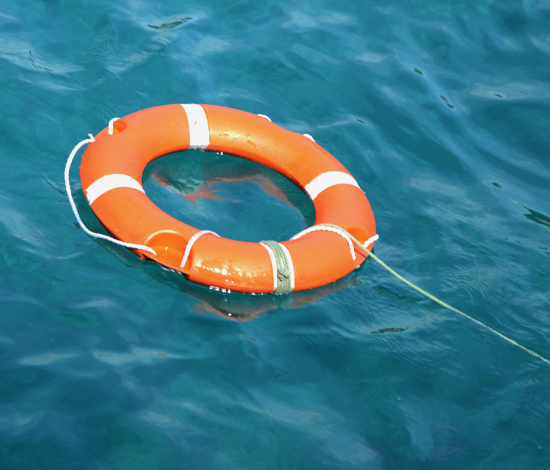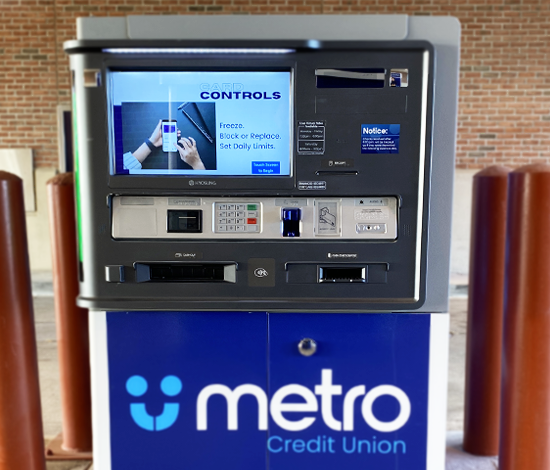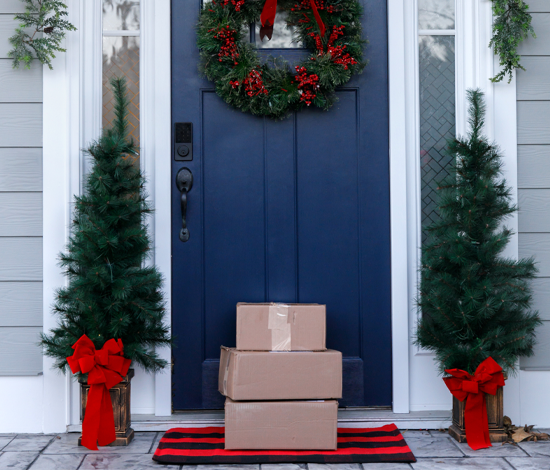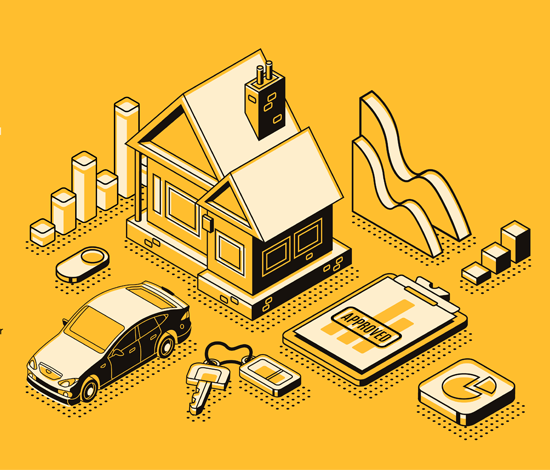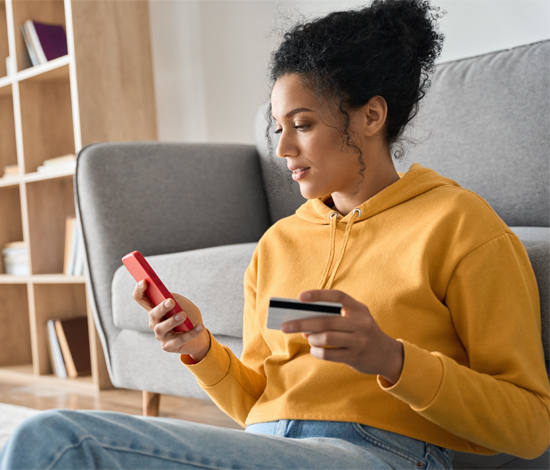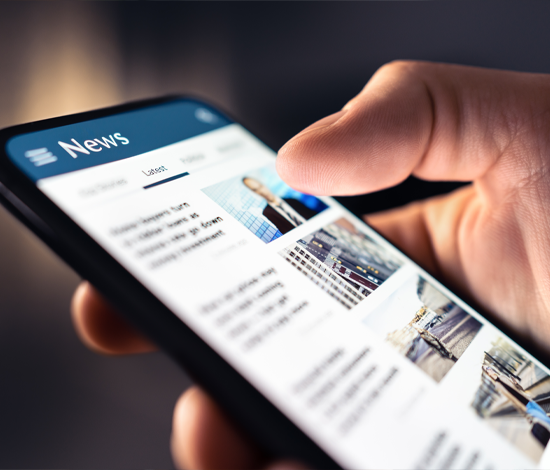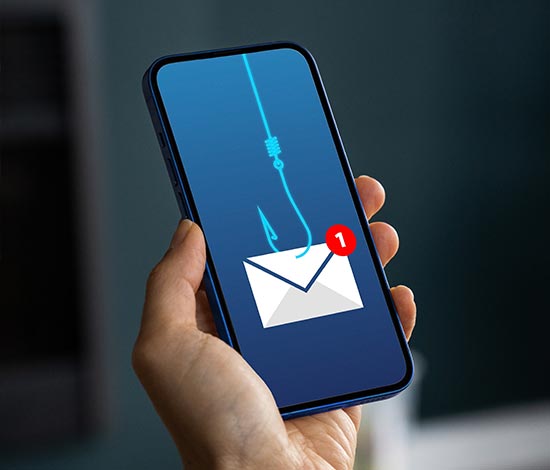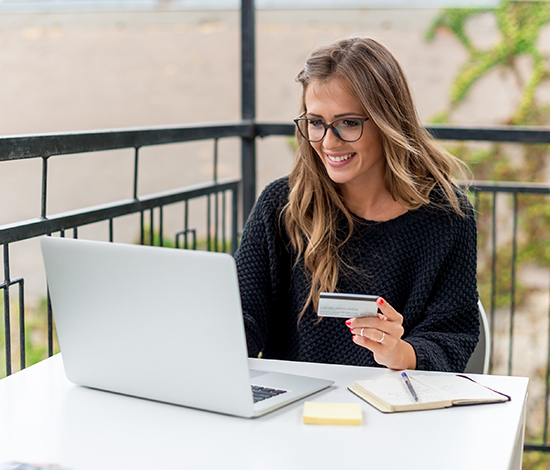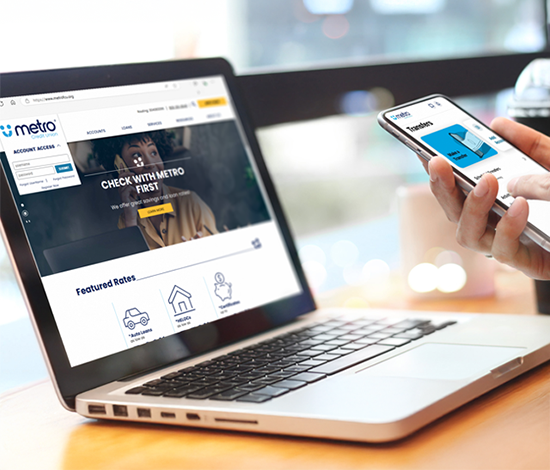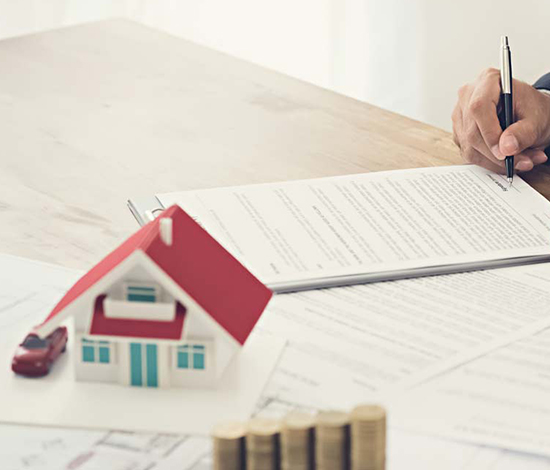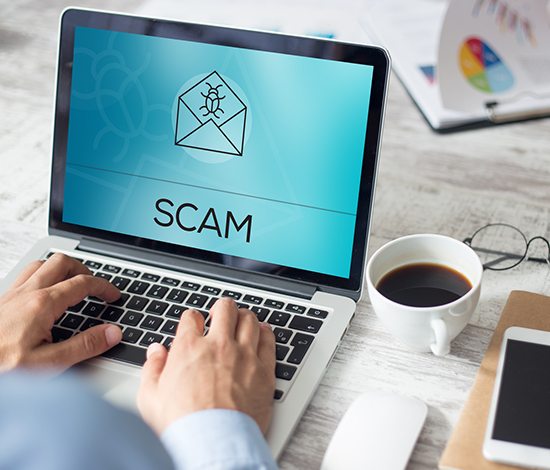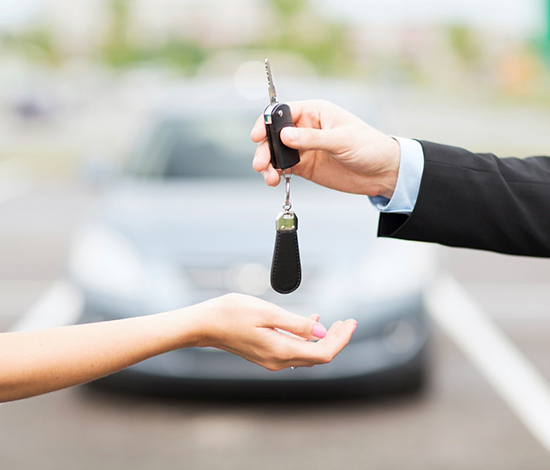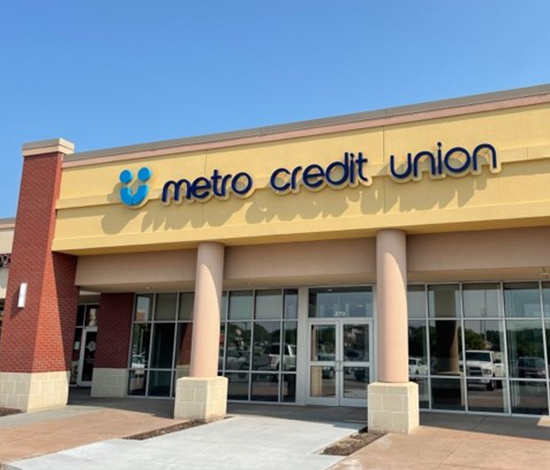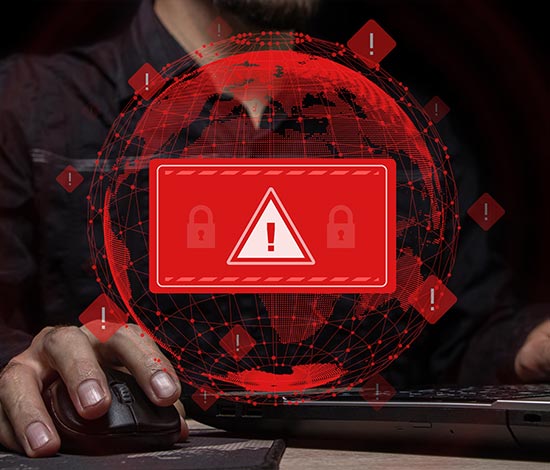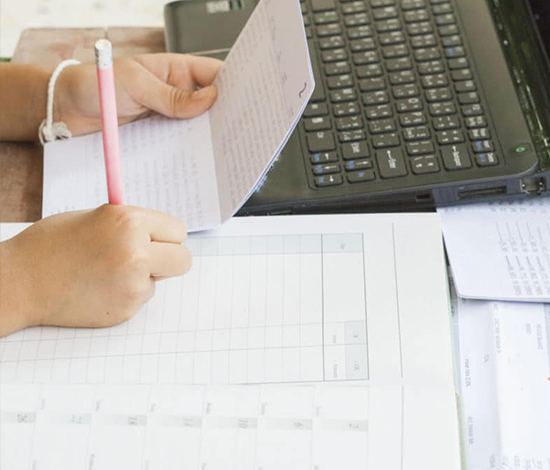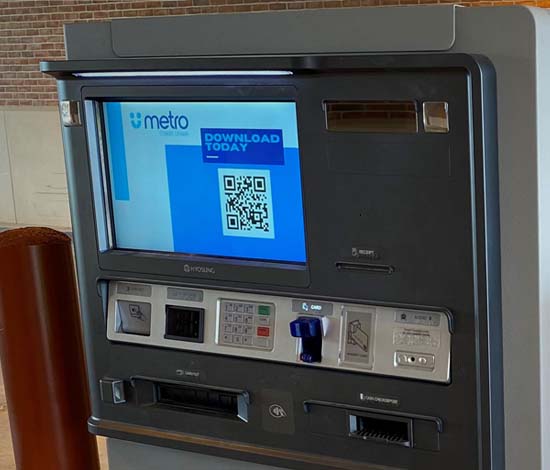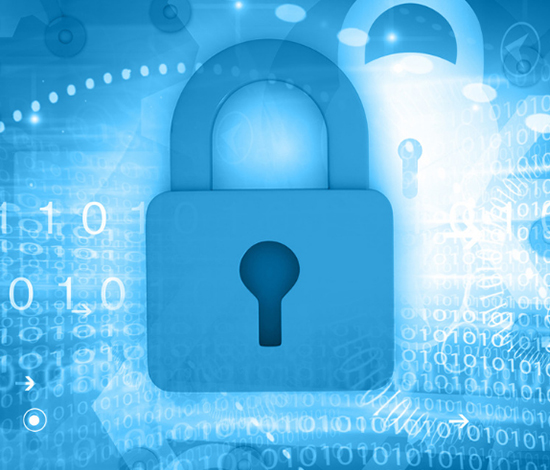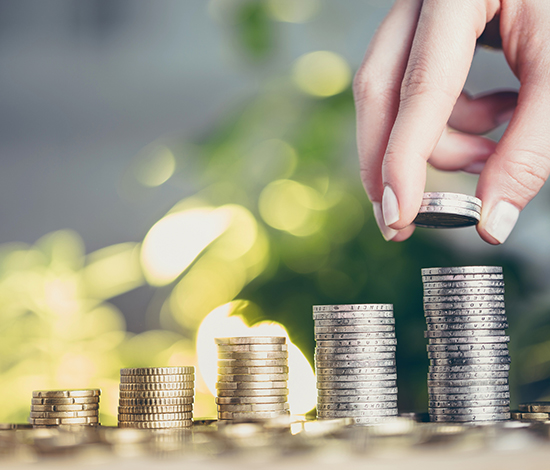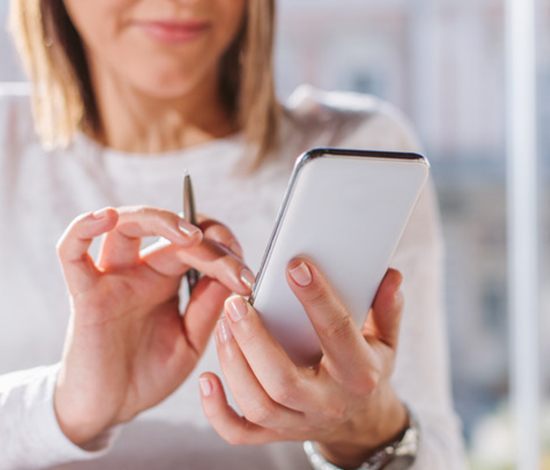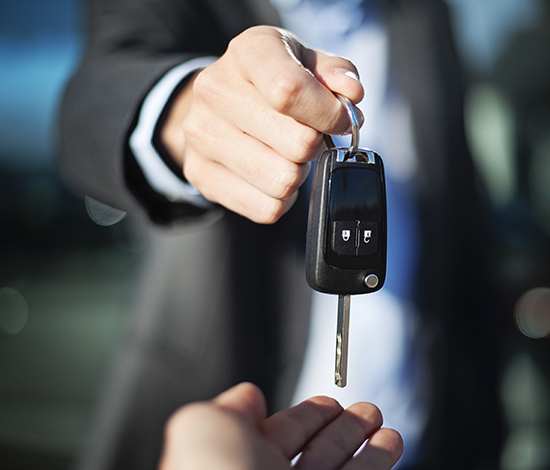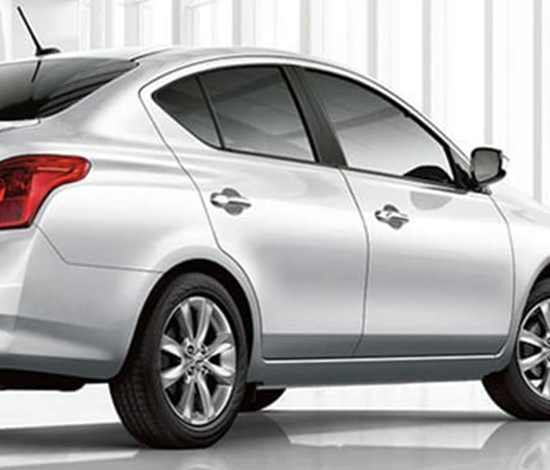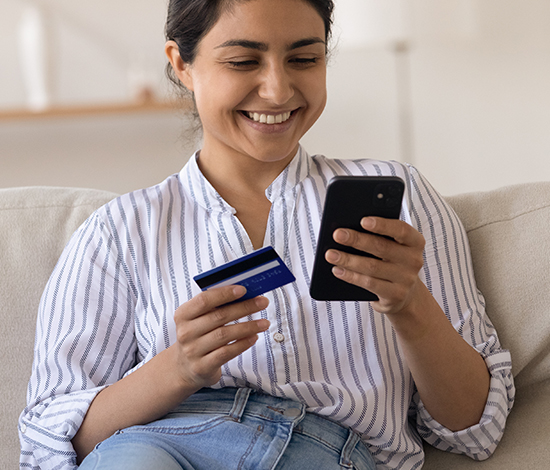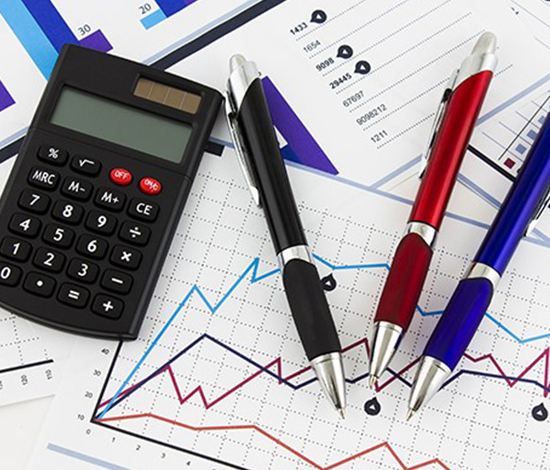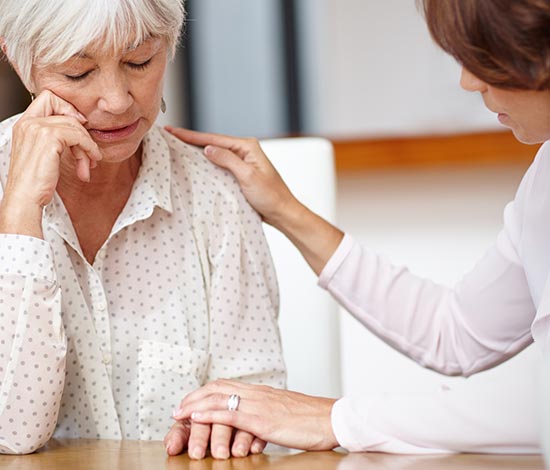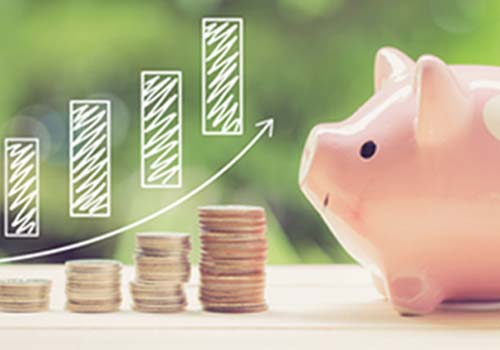Feb 26, 2024
<p>Taking control of your finances and working towards financial freedom can be a scary task, especially for millennials dealing with high debt and the rising cost of living. A big chunk of your earnings often goes straight to paying off student loans, leaving little room for savings. But fear not, we're here to help you every step of the way to secure your financial independence.</p><p>Our goal is to give you practical tips that make sense for millennials like you who want financial freedom. We get it – worrying about money is stressful. We are here to help you worry less by providing clear, easy-to-follow guidance to help guide you on your path to financial freedom.</p><p>In this guide, we'll share useful strategies to help you save money from handling student loans to managing unexpected expenses, giving you the tools you need to build a strong financial foundation. </p><h3>Know Your Current Net Worth</h3><p>Understanding your financial situation is crucial for effective money management. Forget about complex numbers like income, savings rate, and stock market investment returns for a moment. </p><p>The key figure to focus on is your net worth.</p><p>Net worth is like your financial report card, and it's not just for celebrities and businesspeople – even millennials should pay attention. Why? Because you can't take control of your finances if you don't know where you stand.</p><p>Here's a simple way to calculate your net worth: Add up the value of everything you own, like savings and investments (stocks, real estate/rental properties etc.). Then, subtract everything you owe, such as credit card balances, student loans, mortgages, and car debts. The difference is your net worth.</p><p>It's a straightforward equation: What you own minus what you owe equals your financial health. So, take a few minutes to figure it out – it's the first step toward mastering your money.</p><h3>Keep an Eye on Your Money</h3><p>Once you begin keeping tabs on your overall financial situation, the next step is to track where your money is going. This includes things like student loans, bills, groceries, entertainment, and more. It might not sound thrilling, but it's super important. </p><p>Knowing where your money is flowing matters even more than just budgeting. It's about being accountable and having a mindset of optimization. This perspective can really help you understand your spending habits. When it comes to spending, focus on things that genuinely matter to you, not what others value. Before making a purchase, ask yourself if it will benefit you in the long run.</p><p>Differentiate between needs and wants, especially in tight financial situations. This fosters financial responsibility and leads to significant improvements in your financial situation. Treat yourself occasionally for motivation but be cautious not to overspend. A well-planned budget helps control expenses and guides your money where it truly matters.</p><h3>Embracing the 50/30/20 Rule </h3><p>The <a href="https://www.forbes.com/advisor/banking/guide-to-50-30-20-budget/" data-sf-ec-immutable="">50/30/20 rule</a> simplifies the process by breaking down your income into three distinct categories.</p><img src="/images/default-source/blog-article-images/50-30-20-dark.png?sfvrsn=5722fab8_1" sf-size="100" alt="" /><h4>Essentials (50%)</h4><p>Devote half of your income to cover the necessities of life, including rent or mortgage, utilities, and groceries. By prioritizing these fundamental needs, you establish a stable foundation for your financial well-being.</p><h4>Personal Choices (30%)</h4><p>Allocate 30% of your income to personal preferences and lifestyle choices. This includes expenses related to entertainment, dining out, and other discretionary spending. This category allows you the flexibility to enjoy life without compromising your financial future.</p><h4>Savings and Debt Repayment (20%)</h4><p>The remaining 20% of your income is designated for savings and paying down debts. This crucial portion empowers you to build a financial safety net and work towards a debt-free future. Whether it's an emergency fund, retirement savings, or reducing outstanding debts, this allocation fosters long-term financial stability.</p><p>By embracing the 50/30/20 rule, you are not just budgeting; you are strategically directing your income to ensure a balanced and sustainable financial life. </p><h3>Building Credit Responsibly</h3><p>Building credit responsibly is not about accumulating debt; rather, it involves using credit wisely as a reflection of financial responsibility. This aspect is crucial for major life decisions and achieving financial goals, such as buying a home or securing a low-interest loan. To successfully build and maintain a healthy credit score, it's essential to understand the factors influencing your credit rating and follow effective strategies.</p><h3>Factors Influencing Your Credit Rating:</h3><h4>1. Timely Payment of Bills:</h4><p>Consistently paying bills on time, including credit cards, loans, and other obligations, demonstrates financial responsibility and reliability to lenders.</p><h4>2. Credit Utilization Ratio:</h4><p>Maintaining a low credit utilization ratio, the ratio of credit card balances to credit limits, indicates responsible credit management and positively impacts your credit score.</p><h4>3. Length of Credit History:</h4><p>A longer credit history provides more data for evaluating your creditworthiness, while closing old accounts may shorten your credit history.</p><h4>4. Types of Credit in Use:</h4><p>A diverse mix of credit types, such as credit cards, installment loans, and mortgages, positively influences your credit score, demonstrating the ability to manage various types of credit responsibly.</p><h4>5. New Credit Accounts:</h4><p>Opening multiple new credit accounts within a short period may be viewed as risky behavior, potentially impacting your credit score. It is crucial to exercise caution and mindfulness when applying for credit. The adverse effects of having an excessive number of accounts, particularly those carrying balances opened within a short timeframe, can substantially damage your credit. This impact is notably more significant than the 10% you may have saved on your purchase, especially when considering the higher rates, you could potentially incur elsewhere.</p><h4>6. Public Records and Collections:</h4><p>Bankruptcies, tax liens, and collections have a severe negative impact on your credit score, indicating financial difficulties.</p><h4>7. Credit Inquiries:</h4><p>Each credit inquiry, recorded on your credit report when applying for credit, can impact your score. Numerous inquiries within a short timeframe may be viewed negatively.</p><h4>8. Outstanding Debt:</h4><p>The total amount of debt owed, both in absolute terms and in relation to credit limits, is a crucial factor. High levels of debt may adversely affect your credit score.</p><h3>Building and Maintaining Credit:</h3><h4>1. Understand Your Starting Point:</h4><p>Obtain and review your credit report from major credit bureaus for accuracy. Address any discrepancies promptly.</p><h4>2. Establish Credit:</h4><p>If you have no credit history, consider options such as obtaining a secured credit card or becoming an authorized user on someone else's account to start building credit. Additionally, you can secure loans (possibly with a cosigner), explore share-secured loans, or take advantage of promotional loans like those offered by Metro.</p><h4>3. Diversify Credit Types:</h4><p>Explore various credit types to diversify your credit portfolio, positively influencing your score.</p><h4>4. Use Credit Responsibly:</h4><p>Avoid opening multiple new credit accounts within a short period to minimize the impact on your score.</p><h4>5. Monitor Your Credit Report:</h4><p>Regularly check for inaccuracies or suspicious activity, and promptly report and dispute any errors. <a href="file:///Users/ConnorChilds/Library/Containers/com.apple.mail/Data/Library/Mail%20Downloads/6CFD1879-58DE-44FC-AA14-6D86096FC6C8/AnnualCreditReport.com" data-sf-ec-immutable="">Annual Credit Report</a> – is a free website where you can view your credit report (no scores, just credit reports) from each of the three major bureaus. In our area, the two primarily used are Experian and TransUnion. It's always advisable to review your credit reports every year or so to ensure there are no errors.</p><h4>6. Pay Off Outstanding Debts:</h4><p>Prioritize paying off outstanding debts, starting with high-interest accounts, contributing to a healthier credit profile.</p><h4>7. Be Patient and Persistent:</h4><p>Building a strong credit score takes time. Practice good credit habits consistently, and your score will gradually improve.</p><h4>8. Seek Professional Guidance if Needed:</h4><p>Consider seeking advice from a financial advisor or credit counseling agency for personalized guidance in challenging situations.</p><h4>9. Educate Yourself:</h4><p>Stay informed about credit-related topics and changes in credit laws to effectively manage your credit. Knowledge is a powerful tool in this process.</p><h3>Building Emergency Funds - Preparing for the Unexpected</h3><img src="/images/default-source/blog-article-images/auto-repair.png?sfvrsn=47041c85_1" sf-size="100" alt="" /><p>Life can throw curveballs, so having an emergency fund is like having a financial safety net. The goal here is to save enough to cover three to six months' worth of living expenses. Metro Credit Union makes it easy to set up a dedicated account for your emergency fund. This way, you can steadily build it up, and when unexpected expenses arise, you've got a financial cushion to fall back on.</p><p>To put it plainly, having an emergency fund is like having a superhero for your finances. And Metro Credit Union is your sidekick, making it simple and convenient to build and access your emergency fund when life takes an unexpected turn.</p><h3>Banking Smart with Metro Credit Union - Choosing the Right Partner</h3><p>Banking smart with Metro Credit Union is about more than just managing your money; it's about aligning with a financial partner that understands the unique needs and preferences of millennials. From high-interest savings accounts to flexible checking options and competitive loan products, we provide a comprehensive range of services designed to be a one-stop solution for all your banking needs. Our commitment to low fees ensures that you can maximize your savings potential, while our competitive loan rates make major purchases or financial milestones more affordable.</p><p>We go beyond the transactional aspect of banking; we prioritize a personalized approach that values you as more than just an account number. With our user-focused banking experience that includes online banking and mobile apps, we leverage technology to make managing your finances seamless and efficient. Moreover, our community-focused approach reflects a commitment to local values, ensuring that by banking with us, you contribute to an institution invested in and supportive of the community. </p><p>In essence, choosing Metro Credit Union means making a strategic move toward a banking partner that not only meets your financial needs but also aligns with your lifestyle and aspirations, ultimately empowering you to save, borrow wisely, and thrive financially.</p><h3>Final Thoughts on Achieving Financial Freedom</h3><p>Congratulations, you've reached the end of our millennial's guide to financial freedom! </p><p>By implementing these strategies and partnering with Metro Credit Union, you'll be well on your way to a brighter financial future. </p><p>Achieving financial stability at a young age is ideal and highly possible. Remember you don’t have to live as cheaply as you can to save more. In many cases, making changes to your financial plan can help you gain better control of your financial future. Consistency is key. </p><p>Our comprehensive range of banking products and personalized services are designed to meet the unique needs of millennials like you. Feel free to reach out to our team for guidance or explore our website for more financial resources.</p>
Taking control of your finances and working towards financial freedom can be a tough task for millennials dealing with high debt and the rising cost of living we're here to help you every step of the way to secure your financial independence.

